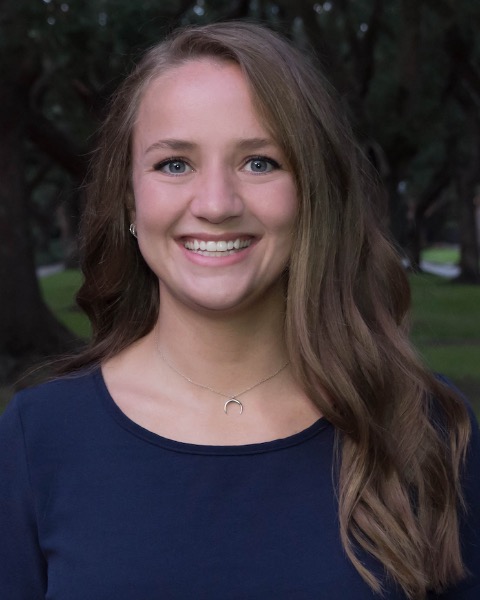Mental Health Works in Progress
Session: Mental Health Works in Progress
WIP 66 - Differences in Trainee and Faculty Experiences of Second Victim Phenomenon
Monday, April 28, 2025
7:00am - 9:15am HST
Publication Number: WIP 66.7583
Anneliese Grewing, University of Colorado School of Medicine, Aurora, CO, United States; Sonja I. Ziniel, University of Colorado School of Medicine, Franktown, CO, United States; Kristen Miller, University of Colorado School of Medicine, Aurora, CO, United States; Jennifer Reese, University of Colorado School of Medicine, aurora, CO, United States; Meredith Bone, University of Colorado School of Medicine, Centennial, CO, United States

Anneliese Grewing, DO, MS (she/her/hers)
Fellow Physician
University of Colorado School of Medicine
Aurora, Colorado, United States
WIP Poster Presenter(s)
Background: Following an adverse patient event, clinicians can develop second victim phenomenon (SVP) where the first victim is the patient, and the second victim is the medical provider. SVP can be characterized as shame, emotional distress, self-doubt, and isolation. Previous studies showed that 95% of physicians have been involved in adverse medical events and up to 78% experience SVP. The severity of SVP and time it takes to recover has not been distinguished according to stage of a physician’s career. Additionally, it is not well known whether certain coping strategies can be protective or risk factors for SVP.
Objective: 1) To understand the differences in SVP experiences (severity, duration, triggering events) between pediatric trainees (residents/fellows) and attendings.
2) To explore potential differences in coping strategies between trainees and attendings following adverse patient events and whether these strategies are associated with SVP severity and duration.
Design/Methods: After receiving Colorado Multiple Institutional Review Board approval (anticipated in December 2024), we will distribute an online anonymous survey via email to general pediatric residents and pediatric critical care, neonatology, pediatric cardiac critical care, pediatric emergency medicine, pediatric hematology/oncology, and pediatric hospital medicine fellows and attendings (January 2025). The survey is composed of Second Victim Experience and Support Tool (SVEST), which assesses severity of SVP, and Brief Coping Orientation to Problems Experienced (Brief COPE), which measures coping strategies. It will also contain questions regarding respondent demographics, triggering event characteristics, duration of each stage of SVP, and support sought/received following the event.
In March 2025, analyses will include descriptive statistics and comparisons of SVEAST and brief COPE scales and subscales by training level (attending versus trainee) using Wilcoxon rank sum tests, Fisher’s exact tests, or Chi-square tests, as appropriate.

